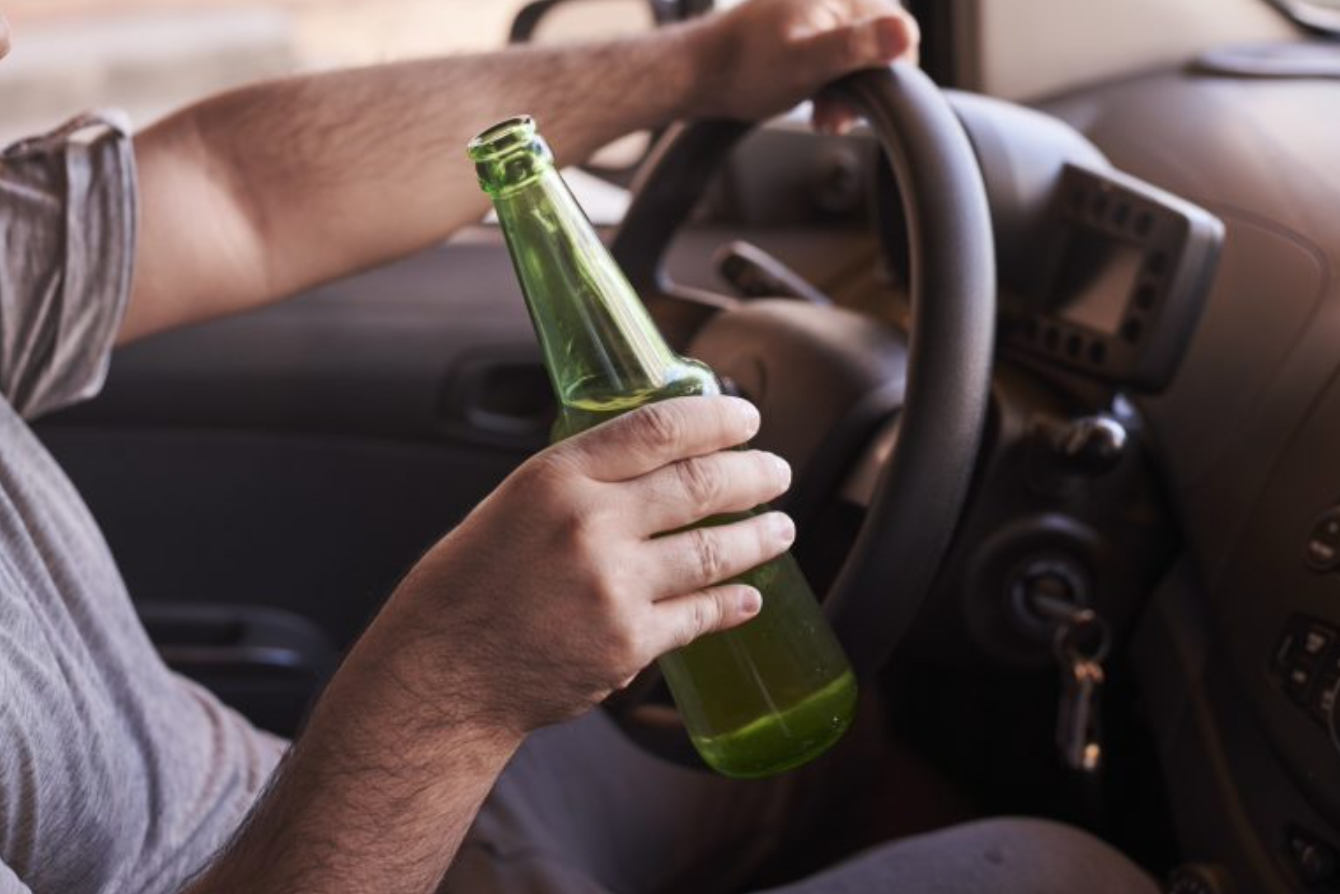Court-mandated treatment programs are effective in dealing with substance abuse and impaired driving.
Driving under the influence or DUI is alarmingly one of the most frequent crimes committed in the US. It is considered illegal in all 50 states and makes up one-third of all arrests involving substance use.
In order to treat DUI offenders, court-mandated treatment is issued. Mandated DUI treatment hopes to help the alcoholic individual recover by considering several issues such as DUI events, short interventions outside treatment, the cost-effectiveness of the treatment, assessment, screening, and referral.
The effectiveness of the treatment depends highly on the offender’s willingness to participate. Court-mandated treatment for DUI could be problematic if the individual resists, most probably because the participation feels forced. Luckily, motivational enhancement therapy seems to work for these types of individuals.
Hopefully, more effective treatment and prevention options will be discovered and implemented as more research is done on impaired driving and substance abuse. Advancements in technology could help monitor DUI offenders more effectively and look into preventive measures or contingencies.
Assessment and Screening
When a person is slated for court-mandated DUI treatment, their circumstances and personal problems are also taken into consideration. Including these factors will hopefully make the treatment process more effective.
Assessment is an extensive approach to ensure that the DUI offender gets the treatment most appropriate for them. It evaluates the personal problems and circumstances of the individual with a more investigative eye to address them properly.
Meanwhile, screening is less extensive compared to assessment. The initial results will determine the type, length, and intensity of treatment based on the individual’s alcohol problems and impaired driving risk level.
Individual traits unrelated to alcohol, such as the tendency to take risky turns while driving, are also looked into. Depression and other conditions that may affect driving are also considered.
All of these factors are required to arrive at the type of treatment that will yield the best result. Once these are determined, the treatment can then proceed to implementation.
Types of Court-Mandated Treatment for DUI Offenses
There are plenty of DUI interventions and they vary depending on duration, frequency, and emphasis. Some treatments can be done in one or two sessions, while others are multiple programs implemented over weeks or months.
Some mandated interventions for individuals guilty of impaired driving are local alcoholism treatment programs, supervised probation periods, and education programs such as online DUI classes.
In some cases, the DUI individual is brought to referrals to groups like Alcoholics Anonymous. There are also cases when presentations are made for relatives of victims killed or injured by DUI-related accidents.

What Else to Expect?
Finances
Individuals guilty of DUI may have financial troubles as most states implement steep fines. They also have to pay for their own mandated addiction treatment. The cost may vary depending on which state they are obligated to get treatment. Some additional costs that DUI individuals may incur are high-risk car insurance, licensing fees, legal help, and court costs.
Career
People who undergo court-mandated treatment might have to disclose such information to their employers. Some states legally require them to disclose the DUI arrest or may need a work permit to proceed.
If they decide not to inform the workplace, their employers could still find the information as DUI arrests are usually made public. This situation may not prove favorable for the individual found guilty of DUI. The risk is even great if the work involves driving or handling vehicles.
First-Time and Repeat Offenders
For first-offenders, they could get sent to treatment programs instead of jail. Once the process is finished, they are required to bring back notes from the treatment team, referral group, and other proof that the rehabilitation is effective.
As for frequent offenders, some states have special courts for these types of people. They properly monitor repeat DUI individuals and have them undergo an extensive process involving multiple court hearings, substance misuse treatment programs, substance testing, and maybe even some jail time.
Are DUI Treatments Effective?
Alcohol-specific interventions are proven effective in reducing impaired driving accidents compared to non-alcoholic ones. The latter does have some contribution to minimizing DUI crashes, but they are not as effective as the former.
However, implementing both methods seems to be the most logical strategy. Not only do they reduce impaired driving instances, but they also reduce reckless accidents from high-risk drivers who are not necessarily drunk.
Court-mandated treatment programs are effective in dealing with substance abuse and impaired driving. They might be intimidating or bothersome, but this might be what the DUI offenders need to set them on a path of redemption.


Join the conversation!